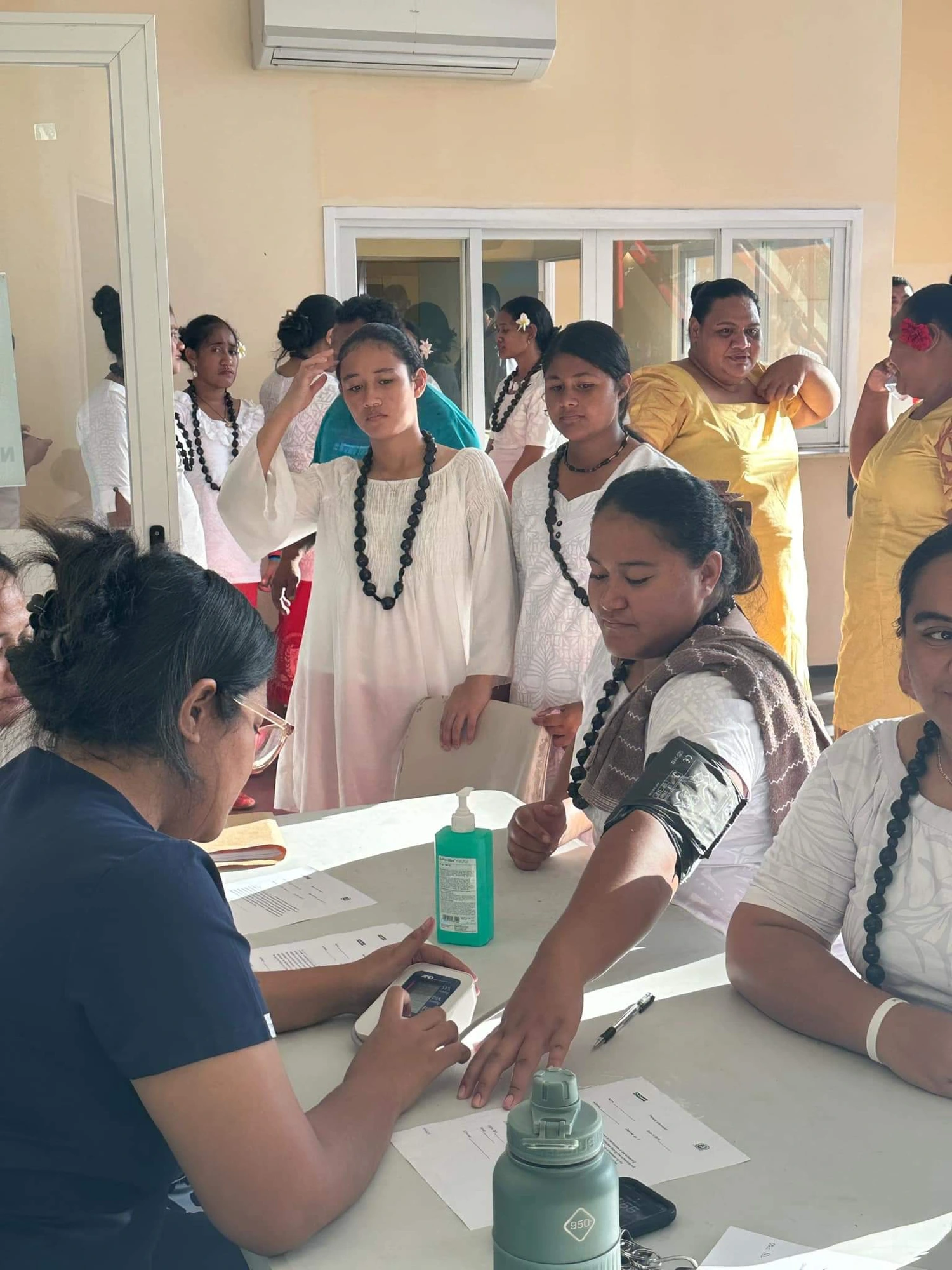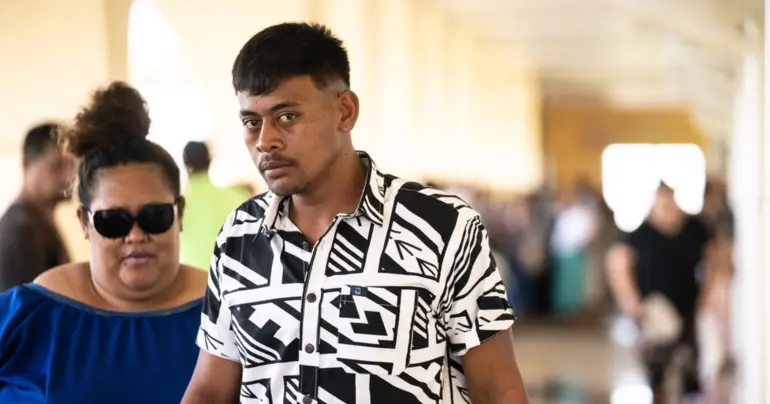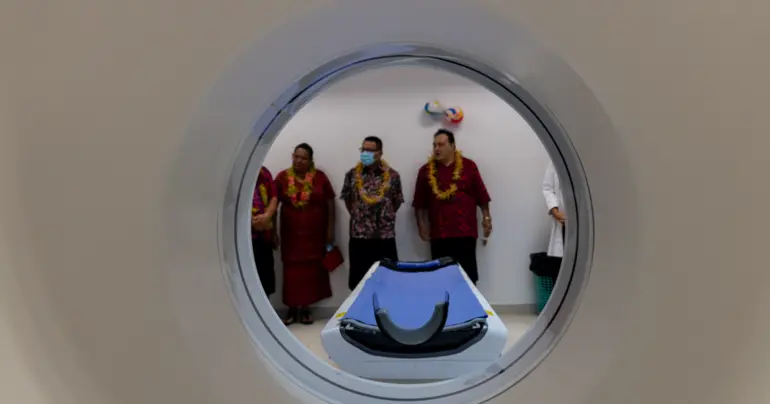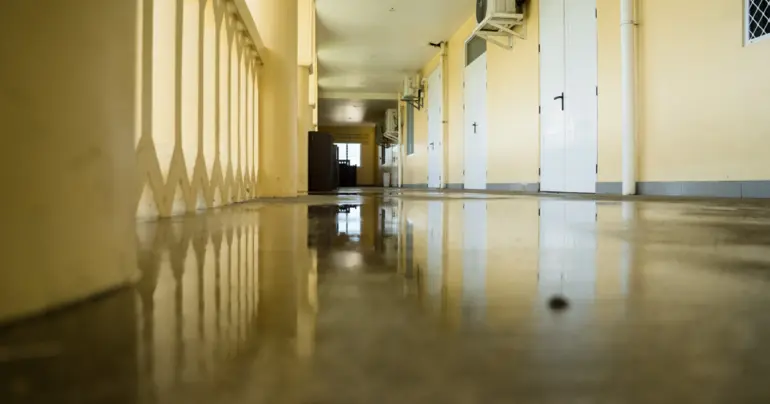OUM students help local communities
Within a few days after returning from their graduation, OUM students straight away started looking into mental health issues in local communities.
According to Seiulialii Dr. George Tuitama, who is also the dean of OUM Samoa, New Zealand, and the Asia Pacific region, OUM's senior leadership is presently engaging in an expansion mission to utilise every possible means for medical education.
Furthermore, as part of their fellowship conference, the youths of Falefa and Vailoa had the opportunity to receive screenings for their physical and mental health.
Thus allow those who have never had a physical examination the opportunity to receive appropriate mental health consultation.
Youths and residents of Falefa and Vailoa were pleased to have the opportunity to receive complimentary screenings for their physical and mental health.

“Given that the target age group consists of people in their early adolescent to early adult years, this was an excellent opportunity for the youth of the two villages to be given free screening and testing," said Dr. Tuitama.
"Alongside assisting society, this programme trains students to assist them in the early stages of their medical careers."
The follow-up study focuses on the workplace, where the most vulnerable people are likely to experience mental health issues; however, residents of rural areas can now get checked out thanks to the OUM's expansion mission.
Recommendations, further follow-ups, and linkage-to-care options were provided to every individual based on the outcomes of the initial screening, particularly concerning symptom distress and impairment.
Additionally, this will contribute to better understand and developing a plan to address barriers to early identification of mental health difficulties, including serious mental illness (e.g., psychotic symptoms, depression, and suicidality), among youths.
According to a study on mental health called the Borgen Report, Samoans have faced many challenges regarding mental health. Due to a lack of financial support, Samoans have had little education about mental illness and how to treat it. This confusion has resulted in misconceptions as to what causes poor mental health.
The report stated that for many years, the Samoan culture relied on the belief that a demon was responsible for mental illness.
“This “demon” dictated the person’s actions and feelings about themselves. This belief led to feelings of isolation and misunderstanding amongst the Samoan people. That isolation perpetuates the silence.
“In the 1970s and the early 80s, Samoa experienced an epidemic of suicide. The suicide rates rose sharply, and the mental health of many Samoans worsened. To combat this, the minister of public works decided they needed to build a space for people struggling with mental illness. However, they did not have the resources or money to care for these patients.
“By 1981, Samoa had the third-highest suicide rate in the world per capita. The citizens needed help.”
The report stated that poverty has an extreme effect on one’s mental health. Being at or below the poverty line makes someone twice as likely to suffer from depression. Samoans already experience immense pressure from family and peers. Adding financial insecurity on top of this is detrimental to one’s well-being. The good news is that changes have begun to address mental health and poverty in Samoa.
Alcohol, bullying, prison and family problems are focal points for the Mental Health Unit and stopping suicide. In a 2014 survey, when 124 Samoans were asked if mental health was important, 77 per cent said it was, and the other 23 per cent said it was not, signifying the need for education.











